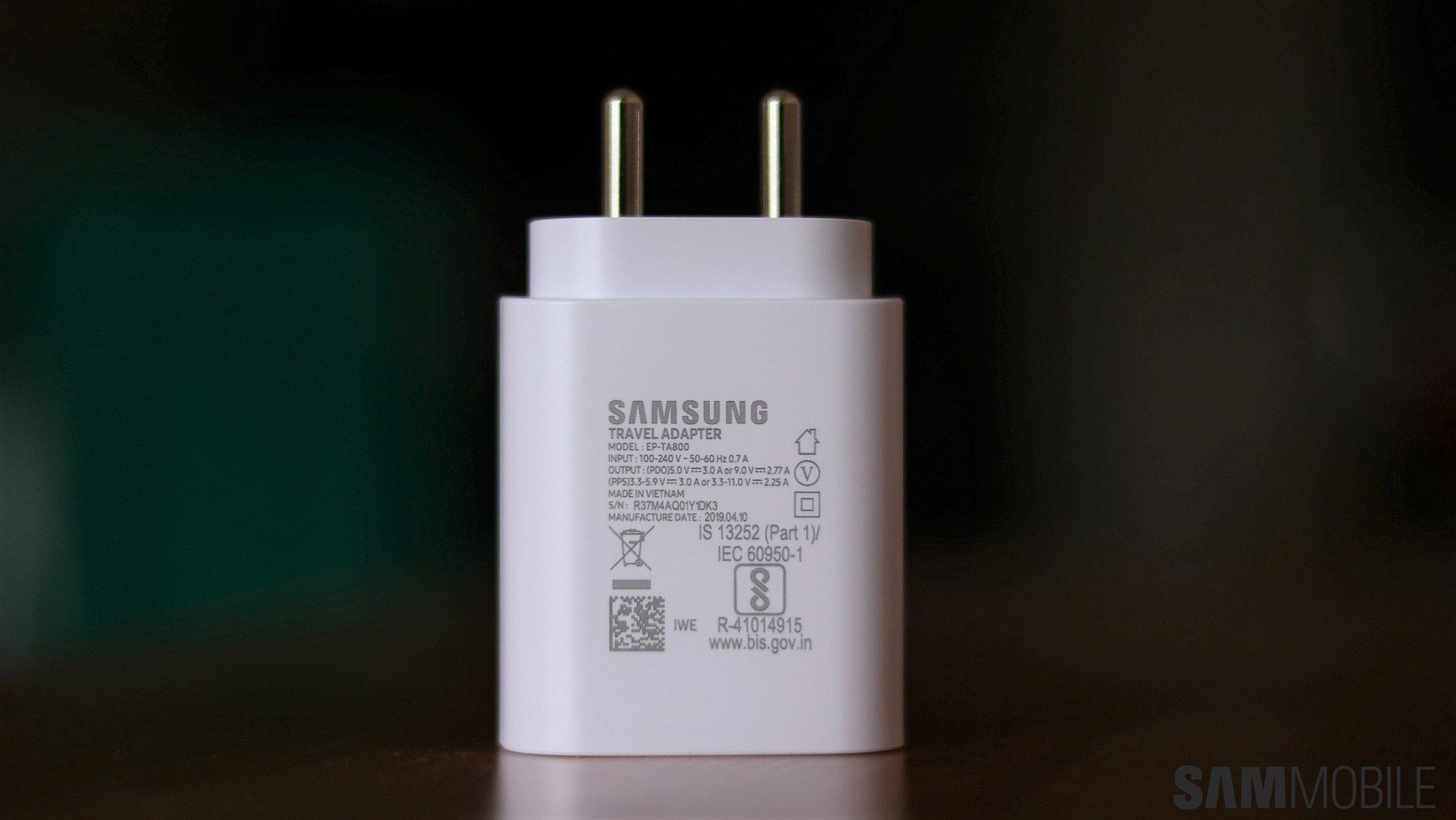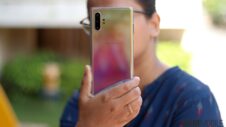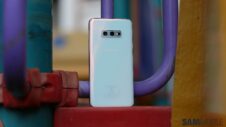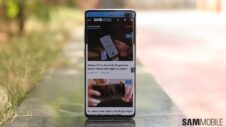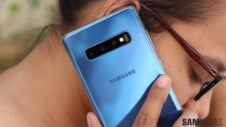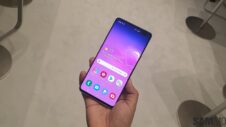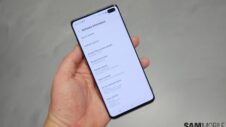Samsung introduced what it calls ‘super fast charging' with the 5G model of the Galaxy S10 this year, finally bringing an upgrade from the Quick Charge 2.0-based fast charging it has been offering on all of its phones since 2014. Super fast charging outputs 25 watts of power and uses the USB Power Delivery standard, which can provide up to 100 watts of power to a device, as showcased by Xiaomi recently. Regular fast charging on Galaxy phones provides 15 watts of power, so super fast charging is a considerable upgrade, but how much faster is it in practice?
That's what we wanted to find out, and while we don't have access to a Galaxy S10 5G, we do have the Galaxy A70, which has a 4,500 mAh battery and super fast charging support like the S10 5G. We first charged the Galaxy A70 with the supplied 25W charger – we started charging it when it had 3 percent battery left and checked the charge level after 30 minutes, 45 minutes, and an hour. We then charged it with a 15W Samsung charger from an older Galaxy phone, again starting when it was at 3 percent charge and checking at 30, 45, and 60-minute intervals.
25W super fast charging has a clear advantage
How much faster was the 25W charger? Well, it didn't turn out to be as quick as we had hoped, but it still made some noticeable difference. After 30 minutes, the 25W charger was able to take the phone up to 33 percent charge, while the 15W charger only charged it to 26 percent. The disparity was quite small at the 45-minute mark: It charged to 51 percent with the 25 watt charger and 49 percent with the 15W charger.
But an hour of charging saw the 25W charger take the lead again, taking the device to 67 percent charge while the 15W charger only charged it to 60 percent. Even the Galaxy S10+ charges to 67 percent in an hour of charging with the 15W charger, but it has a 4,100 mAh battery, so you can imagine how much faster it would be with the 25 watt charger if only Samsung had equipped the standard Galaxy models with super fast charging.
Below is a table with the charging figures if you're getting confused with all that text. Remember that we started charging each device when it was at 3 percent charge.
Again, super fast charging on the Galaxy A70 doesn't make as much of an impact as you might expect, but it does help where it matters most: the first half hour of charging when your phone is almost down to zero percent charge. And every little bit matters with large batteries on flagship devices, as top-of-the-line smartphones are usually quite power hungry and need constant top-ups of the battery, making charging speeds a very important factor.
Super fast charging needs to come to more Galaxy phones
When will Samsung make super fast charging a standard on all its phones? Well, one can hope that will happen by the end of this year and that every Galaxy phone from 2020 onwards will come with super fast charging instead of regular fast charging. We can understand the company took things slowly after the Galaxy Note 7 battery fiasco, but it's high time it started matching the charging tech on its phones with what every competitor has been offering to its consumers for the last couple of years.
What do you think of Samsung's 25W charging tech based on the figures you see above?
